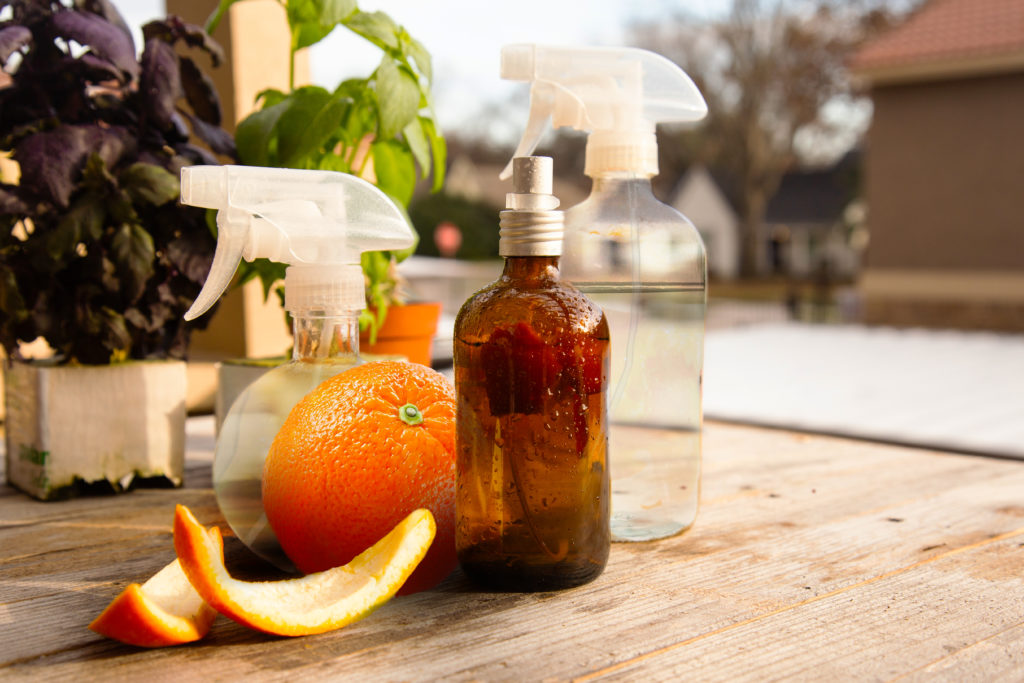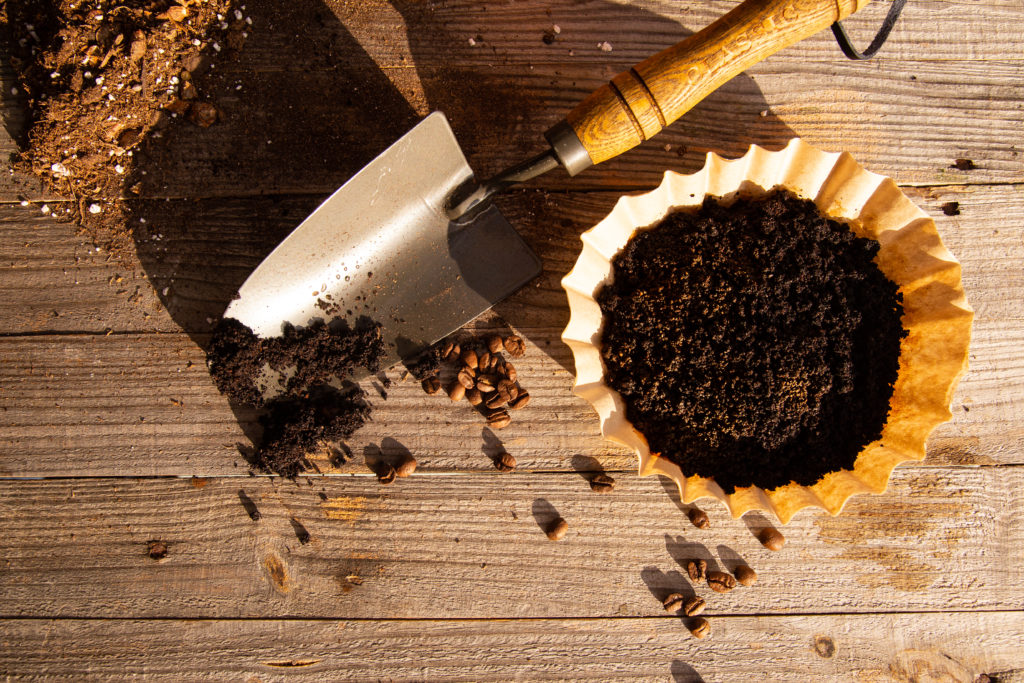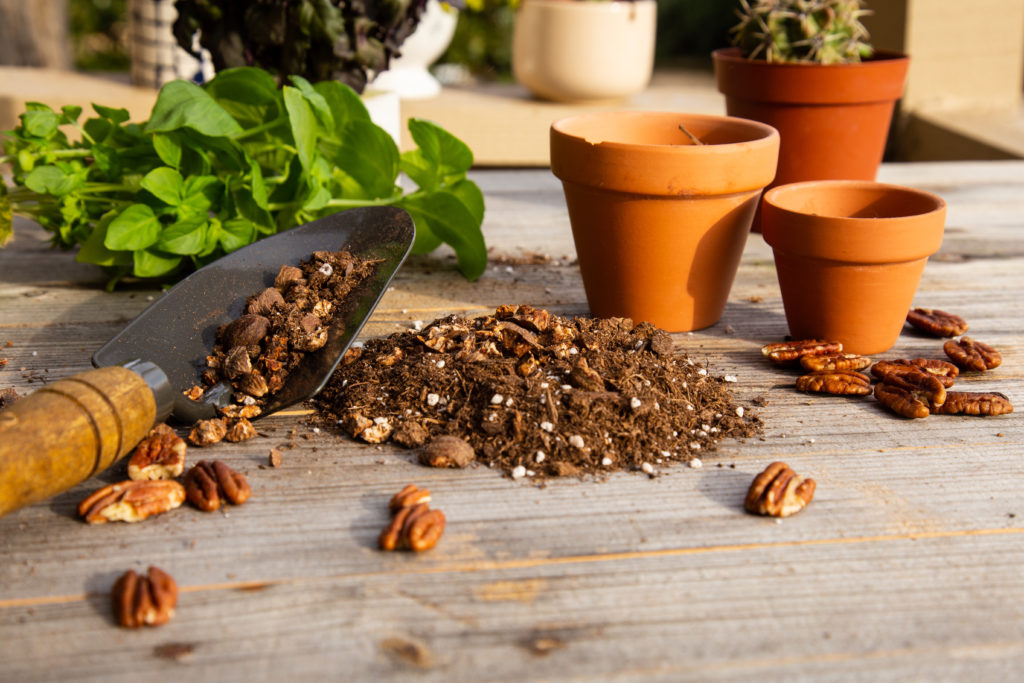8 Natural Homemade Gardening Hacks
The trees may be bare and the wind biting, but turn your mind to spring — because now is the perfect time to prepare for the planting season.
Cold winter months offer an opportunity to take stock of your year’s gardening ambitions and plan for a good harvest. With these clever homemade gardening hacks, preparing will be easier than ever.
Garrett Juice
This is not juice you’d want to drink, but it’s one of the best things you can do to up your garden game. Named after Texas gardening guru J. Howard Garrett, Garrett Juice is a magical mixture of a few simple ingredients: 1 gallon of water, 1 cup of compost tea, 1 ounce of liquid seaweed, 1 ounce of apple cider vinegar, and 1 ounce of molasses. Keep a jug of it on hand, because the resulting concoction can be used as both a natural fertilizer and a protection against a variety of garden pests. You can also add to your potion for additional benefits.

Citrus Oil Spray
Another effective measure against pests is as easy as soaking old orange peels. Bring 4 cups of water to a boil, remove from heat and add 2 cups of orange peels. Cover the pot and steep until the water is cool. Strain to produce a powerful natural pesticide.
Cinnamon Root Stimulator
Use this kitchen staple in your garden to help stimulate root growth, promote the production of additional stem growth in herbs, and protect against fungi. Simply sprinkle it on the soil in your garden to brighten your plants’ day.

Coffee-Ground Fertilizer
Instead of tossing used, nitrogen-rich coffee grounds from your filter into the trash, save them for your compost or add it directly to the soil for an effective natural fertilizer.
Lemon Seed Starter
Next time a recipe calls for a load of lemons, hold onto the rinds. Scoop out the pulp, poke a couple of drainage holes in the bottom, and fill with a little soil to create the perfect seed starter. Your seeds thrive in the moist, shallow dirt inside the rind, and when it comes time for transplanting, you can simply place the seedling — lemon and all — in the ground. The lemon will decompose and continue to feed the young plant nutrients.

Pecan Shell Mulch
Pecan trees are plentiful throughout much of Texas, and there’s little chance you can use all the shell droppings each year in pecan pies. If you find your yard littered with pecans each fall, gather them and crush them to create an effective mulch that’s high in nutrients and will stimulate plant growth.
Baking Soda-Vinegar Soil Test
Depending on whether your soil is naturally acidic or alkaline (much of the soil in Texas tends toward alkaline), you’ll need different additives before planting to ensure optimal growth. But how do you know what type of soil you have? Rather than sending your backyard soil off to the lab, try this simple test: If you add vinegar to your soil and it bubbles, that means it’s more alkaline. If you add baking soda and it bubbles, your soil is acidic.
Recycled Watering
The best hacks are the ones that simply utilize resources you didn’t realize you already have. Next time you boil an egg or pasta, reserve the used water, let it cool, and use it to water your plants. Your next water bill will thank you.
For more winter-gardening ideas, try planting fruit trees.
© 2020 Texas Farm Bureau Insurance



